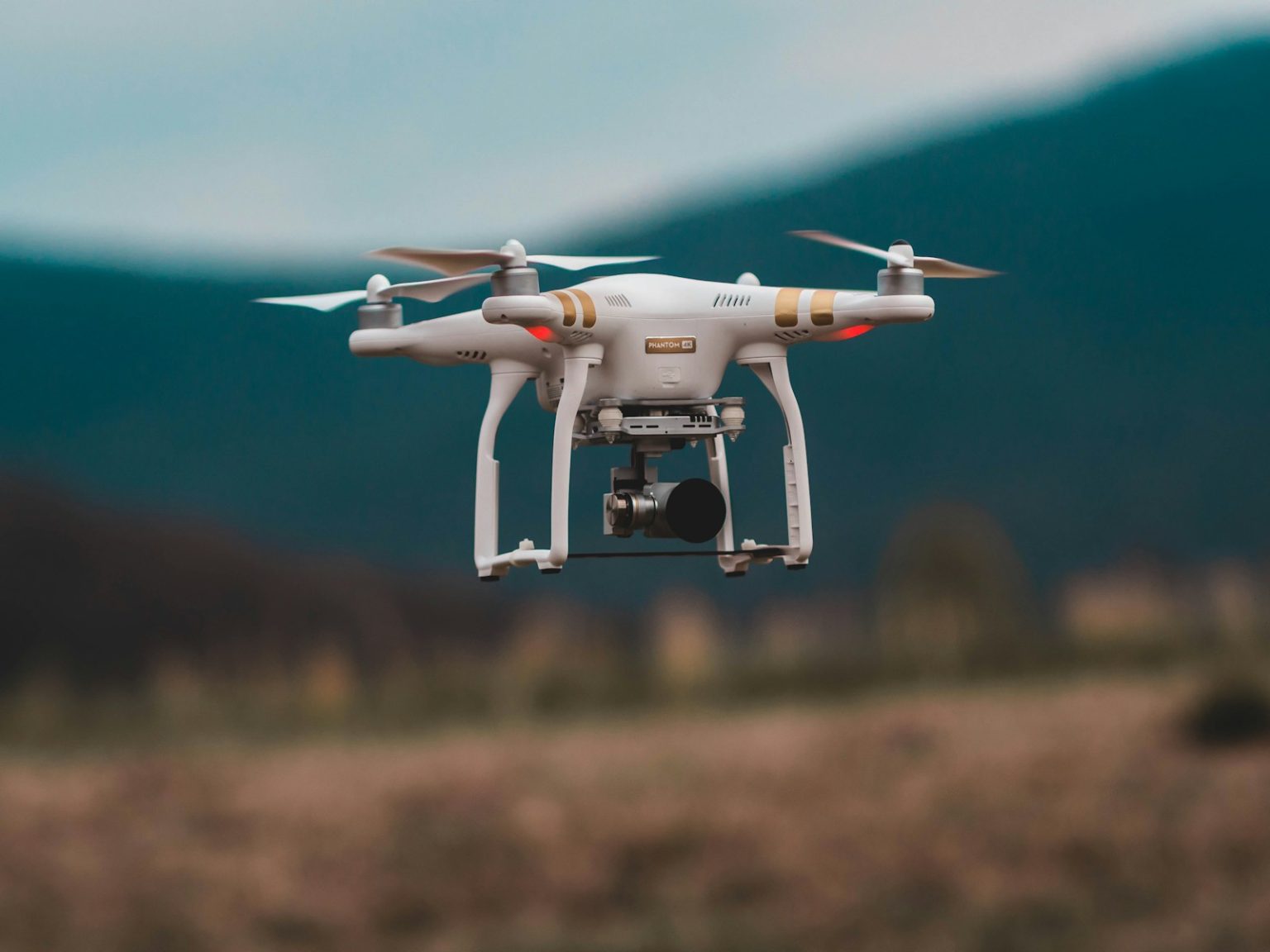DNO ASA oil fields in northern Iraq came under drone attack, marking the third assault on energy installations in the region this week. The Norwegian oil company’s operations were targeted as part of what appears to be an escalating pattern of strikes against petroleum infrastructure in the area.
The attack adds to growing security concerns for international energy companies operating in Iraq’s northern territories. This region has experienced periodic instability but remains crucial to the country’s oil production capacity.
Pattern of Attacks Emerges
Wednesday’s drone strike represents the third such incident targeting energy facilities in northern Iraq this week alone. Security analysts are monitoring these developments closely as they may indicate a coordinated campaign against oil infrastructure in the region.
While details about damage to the DNO facilities remain limited, the repeated nature of these attacks raises questions about the security measures protecting critical energy assets in the area. The identity of those responsible for the drone strikes has not been confirmed in initial reports.
Regional Energy Security Implications
Northern Iraq, particularly the semi-autonomous Kurdish region, has attracted significant foreign investment in its oil sector over the past decade. DNO ASA, headquartered in Norway, is among several international companies with substantial operations in the area.
These attacks could potentially disrupt oil production and export capabilities in a region that contributes significantly to Iraq’s overall petroleum output. Any prolonged disruption might affect global oil markets, particularly if the attacks continue or escalate further.
Security experts point to several factors that make northern Iraqi oil facilities vulnerable:
- Remote locations with challenging terrain
- Complex political jurisdiction between the Kurdish authorities and the central Iraqi government
- Proximity to areas with active militant groups
DNO’s Operations in Iraq
DNO has maintained a presence in northern Iraq for years, operating oil fields that represent significant assets for both the company and the regional economy. The Norwegian firm’s investments have helped develop the petroleum sector in Kurdish-controlled territories.
The company’s operations typically include extraction, processing, and transportation infrastructure—all potential targets for drone attacks. The specific fields targeted in Wednesday’s incident were not immediately identified in initial reports.
Oil production in northern Iraq has faced various challenges over the years, including disputes between the Kurdish Regional Government and Iraq’s central authorities over revenue sharing and export rights. These political tensions add another layer of complexity to security concerns in the region.
Iraqi security forces and regional authorities will likely increase protective measures around energy installations following this week’s series of attacks. International companies operating in the area may also reassess their security protocols and risk management strategies in response to the emerging threat pattern.
As investigations into the attacks continue, both Iraqi officials and international energy companies face mounting pressure to secure vital infrastructure against what appears to be an evolving drone threat targeting the region’s energy sector.







